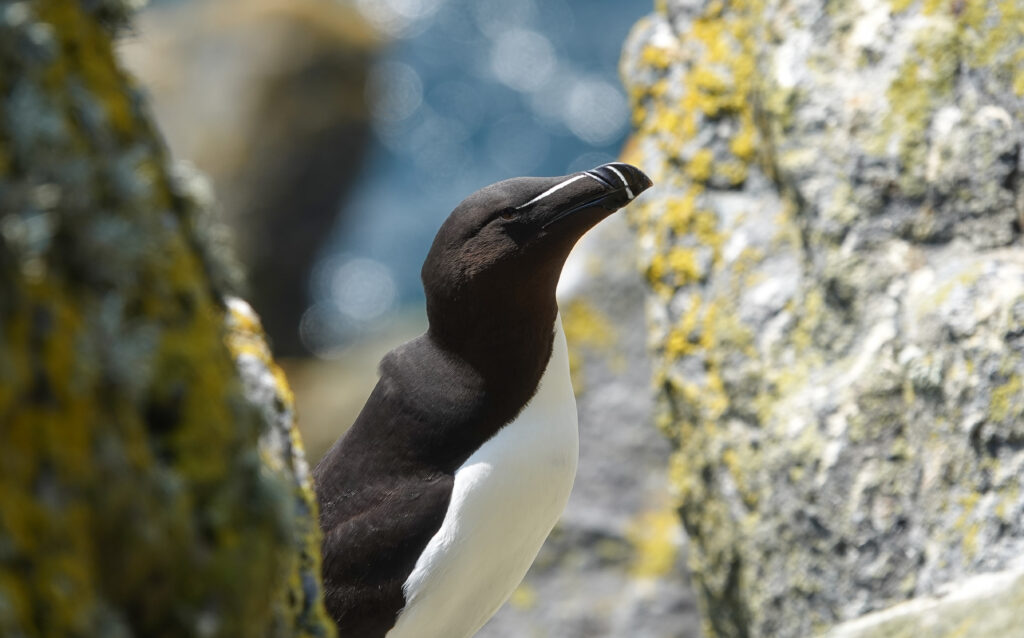A CENSUS carried out by the National Trust for Scotland has revealed a 61% decline in cliff nesting species of seabird on the Scottish islands of St Kilda.
A symbol of the islands, Scottish seabirds and their eggs are an important part of St Kildan heritage.
Almost 93 years after the evacuation of St Kilda in 1930, the significant study identified a 61% decline across four species of seabird: fulmars, guillemots, razorbills and kittiwakes.
The census was carried out as part of the Trust’s Love for Nature project, a programme of nature conservation work which aims to safeguard Scotland’s natural heritage.

To carry out the census, a team worked from land and sea, hiking across the group of islands using binoculars.
Counting took around 1,400 hours to complete during the first three weeks in June.
The census is the first fully comparable survey of the while of St Kilda since 1999.
Previously, St Kilda was the only place in the UK to home Fulmar seabirds.
Dismayed by the new data, the Trust’s staff found that for every Fulmar nest they counted, there should have been three more.
For the Kittiwake, a small gull with a yellow beak, population has declined by an even greater 84%
Ellie Owen, Senior Seabird Officer at the National Trust for Scotland, said: “The census took a lot of resources to complete but it’s incredibly important that we capture this data to identify how wildlife is faring.
“It’s only by identifying the declines and trends in our seabirds that we can begin to consider how to help them.
“Climate change has certainly played a part in the decline, affecting elements like the food supply in the surrounding sea.
“I would encourage every individual across the country to be curious as to how they can play a part in saving Scotland’s seabirds, to ensure future generations can continue to marvel at them.”
Susan Bain, Western Isles Manager at the National Trust for Scotland, commented: “The decline in seabirds on St Kilda is not only concerning from a natural heritage viewpoint but also from a cultural heritage viewpoint.
“The exploitation of seabirds was integral to the community that lived on St Kilda, it’s what allowed them to settle and live on such a small island for thousands of years.
“Many of the few songs that have survived St Kilda tell of fowling expeditions and the dangers associated with it.”
The Love our Nature project is supported through funding from players of People’s Postcode Lottery.

